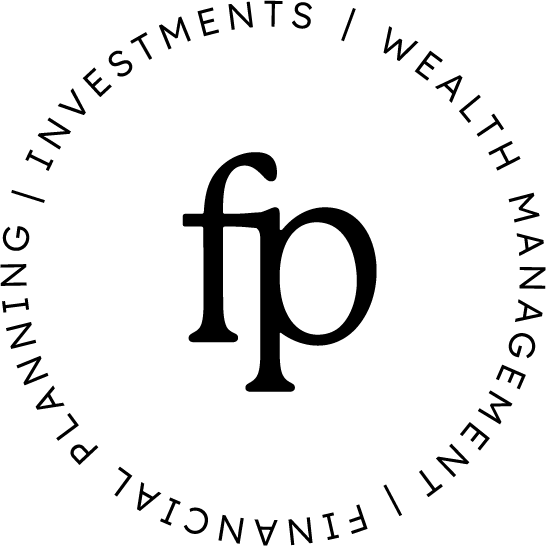During my career, I have spent a significant amount of time guiding individuals through transformations in transitions. Although I have not personally experienced retirement, I have experienced some of the other aspects that we will talk about when it comes to caregiving. These are topics that I enjoy being able to have conversations about and feel very honored at the ability to be able to discuss them with you!
On today’s Thrive For[e]ward podcast, we are focusing on what to do in your 60’s and beyond. Retirement is just around the corner, and you might be wondering, “how did I get here?”
But, that is just one aspect of planning and area to consider at this age. Some other factors include the following …
Some basic DO’s in your 60’s …
-
Identify your sources for retirement income
-
Plan for inflation and unexpected expenses
-
Consider a part-time job
-
Check your investment portfolio mix
and here is what NOT to do …
-
Don’t rush into downsizing
-
Don’t stop saving
-
Don’t keep hush about your estate plan
-
Draw too quickly from retirement savings and ignore the 4% rule
-
According to a recent study, people aged 50 and over reported saving an appropriate amount of income (an average of 20% annually) but planned to withdraw 15% of their retirement savings annually, which is three to four times the rate that is typically recommended.
-
Withdrawing 4% of your retirement savings each year (adjusted for inflation after the second year) is a good guide to ensure your retirement funds do not run out before 30 years.
-
-
Don’t forget to pay down your mortgage
Source: Scotiabank
At this age most people might wonder when they should take social security. The right answer is … when it’s right for your personal situation. Technically, you can start taking benefits at 62 but you’ll get a bigger benefit if you wait until full retirement age which is 66. You’ll get the largest payment if you wait until you reach 70. Source: AARP
Other factors that affect your benefits are; how long you worked and what your marital or employment status is or was? You can get your earnings history from the Social Security Administration (SSA). To see how much you’re likely to get from Social Security, try the AARP Social Security Calculator.
I say this quite frequently, but money and these decisions are personal. Make sure that you are having these conversations with your personal board of directors and involve them. So, you understand what are the next steps that you need to be taking in order to have a healthy relationship with your wealth, because you are worthy!
If you are interested in learning more about Forethought Planning and how we can help you on your journey, please schedule an appointment to our complimentary 30 min Wealth Assessment session to learn more about how we incorporate these strategies and others to assist you through the financial planning process.
Investments in real estate may be subject to a higher degree of market risk because of concentration in a specific industry, sector or geographical sector. Other risks can include, but are not limited to, declines in the value of real estate, potential illiquidity, risks related to general and economic conditions, stage of development, and defaults by borrower.
Securities offered through LPL Financial, a member of FINRA/SIPC. Advisory services offered through Advisors’ Pride, a SEC registered investment advisor. LPL Financial, Advisors’ Pride, Forethought Planning and the guests of Thrive For[e]ward podcast are separate and unaffiliated parties. Any of the parties listed above are not affiliated with Forethought Planning, Advisor’s Pride, or LPL Financial. The views expressed here are those of the participants, and not those of Forethought Planning, Advisor’s Pride, or LPL financial. The opinions voiced in this material are for general information only and are not intended to provide specific advice or recommendations for any individual. LPL Financial and Forethought Planning do not offer legal services. Socially Responsible Investing (SRI) / Environmental Social Governance (ESG) investing has certain risks based on the fact that the criteria excludes securities of certain issuers for non-financial reasons and, therefore, investors may forgo some market opportunities and the universe of investments available will be smaller.





